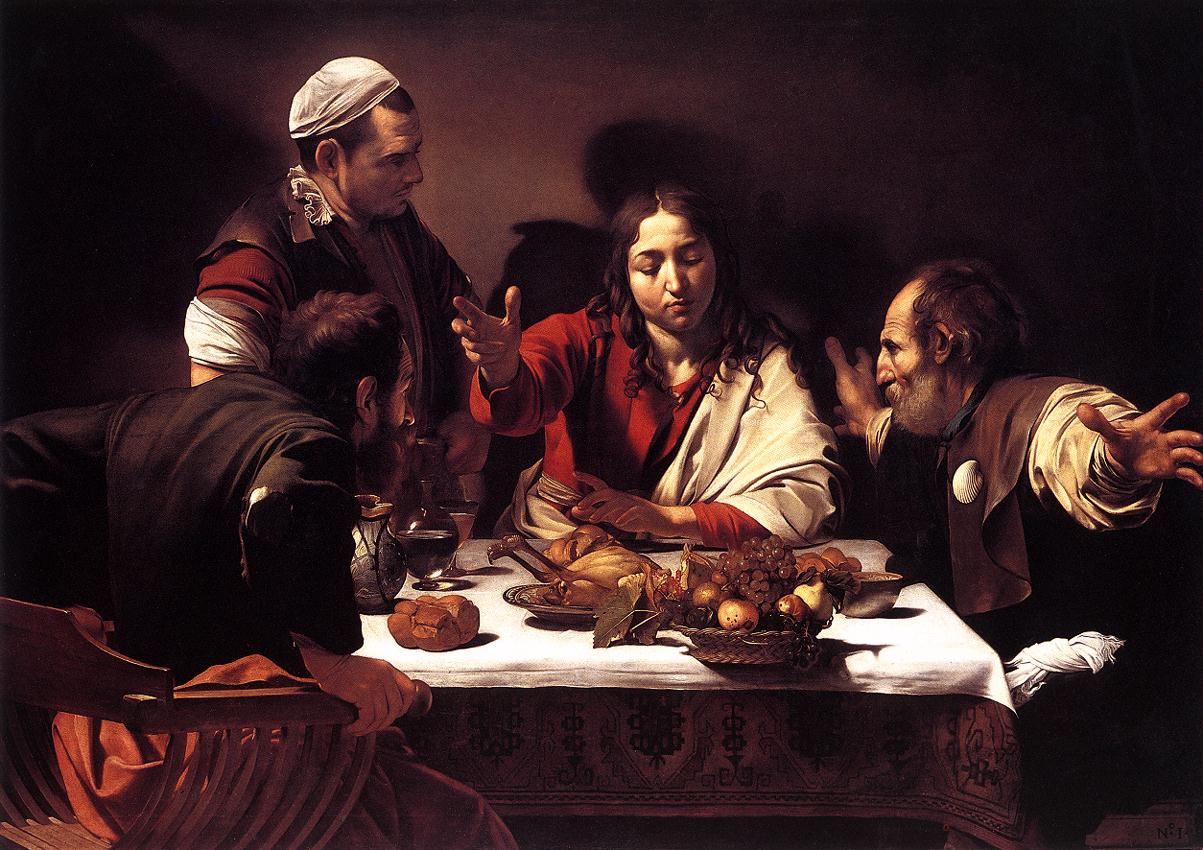The great writer once gave a stated reason for not embracing the Catholic Church (his good friend J.R.R. Tolkien thought the great man still had a bit of Ulster anti-Catholicism in him) in a quote that has become famous, at least in some circles:
“The real reason why I cannot be in communion with you [Catholics] is not my disagreement with this or that Roman doctrine, but that to accept your Church means, not to accept a given body of doctrine, but to accept in advance any doctrine your Church hereafter produces. It is like being asked to agree not only to what a man has said but also to what he is going to say.”
To which a Catholic could only respond, but that’s the point. (In this case, it’s telling that when googling the phrase I found it on a Protestant apologetics site.)
Famously, the Book of Exodus has the people saying to Moses when he descends from Mount Sinai: “We will do and we will hear.” Rabbinic as well as apostolic tradition have interpreted this strange phrasing as meaning that the people assent to do everything the Lord commands before they even know what that is.
This is also a traditional interpretation of the Fall: why did God put up a tree in the garden to begin with? Why did he forbid Adam from eating the fruit and then let him do it? Tim Keller has this great line, talking about one of his children who was headstrong and was always saying things like “But Dad, I want to obey you; if you would just explain it to me I would do it”; Keller’s comeback was: “If I have to explain everything to you, you’re not obeying me, you’re just agreeing with me.” God the Father wanted Adam to obey, not because he agreed, not because he thought it was a good idea to obey, but simply out of filial love. To, in a word, shed his pride–and it is our constant inability to do so which has left us in our wretched condition of sin.
To say that this is an overriding Biblical theme is almost an understatement. We are never so clever as when we are looking for reasons not to obey; at the drop of a hat, we become master theologians, biblical scholars, ethicists, philosophers, canon lawyers. All of a sudden, we have all the best excuses in the world (Adam’s behavior, again, is instructive here: once he is found out, he blames Eve, he blames the Serpent, he blames God (“The woman you gave me”)–in other words, at that point, literally every single other person that exists, except himself). And God keeps saying: “Why won’t you just obey?”
And, of course, this Biblical theme is supremely set out by the Gospels in Jesus, who comes down to us to give us an example of filial obedience, even unto the shameful death of the Cross, even unto the end of God-forsakenness of Holy Saturday. At Gethsemane, Jesus does not say “You know what? You really are right, it’s really better for your salvation plan that I go to the Cross”; he says “But not my will, but your will.” And the Gospels record this as an example to us.
All of this (as well as the Incarnation) makes necessary what John Henry Newman called “a living voice.” We are all masters when it comes to reading what we want in the Bible, or whatever other dead source. (If you’re a Protestant, I’m sure you can come up with an example of other people who are clearly kidding themselves when they claim to be applying the Bible–but not you, you’re immune.) We need, in the end, a living voice, who can catch up to you, who can cut through our pious self-delusions.
In the Catholic tradition, religious take an actual vow of obedience. They “agree not only to what a man has said but also to what he is going to say.” And our hagiographies record so many examples of great saints whose callings were frustrated by incompetent or callous or downright corrupt hierarchies, but who nonetheless responded with filial obedience, trusting in the Spirit and in Divine Providence.
In the end, Lewis wanted to be able to say “I will hear, and maybe I will do.” He refused to become a Catholic because he understood very well that to do so was to become unable to reserve the right to object–which, of course, in the Bible, is the point of discipleship. He was open to the Word, as long as he kept a veto right.
Now, it should be stressed that neither in the Bible nor in Catholicism is obedience the same thing as blind submission. Grace perfects nature, and God is the unconditioned source of the True, the Good and the Beautiful, so to obey is in the end to become perfected and radiant and joyful, and God’s commands are never capricious or arbitrary. Like any good Father, although God does not negotiate his authority, he nonetheless believes in us and gives us reasons most of the time. He has made us in his image and likeness, endowed with reason and liberty, and so we are called to exercise those faculties; obedience does not erase them, but on the contrary, it educates and therefore enhances them.
No, the key point is idolatry: for what stake, for whose stake, am I doing what I am doing? The Faith gives us only one answer: ad majorem Dei gloriam.
Sin, in the classical understanding, is a dis-order; because of pride, we become ordered not towards our Creator in whose very Being we have our being, towards the source of the unconditioned Good. In this life, then, by grace, we become re-adjusted, re-ordered, not towards ourselves and our own devices, but towards God. This is why obedience is so essential: not, again, because it is blind submission, but because it the necessary condition and the manifestation of a correct ordering of our selves towards that ultimate reality whence all things come and to which all things go. In the Bible, God’s people are never without a living voice: God Himself, or His Angel, or the patriarchs, or the priests, or the prophets. God knows us too well to leave us to our own devices; he is too good of a Father. And so the New Testament records God Himself, in His Incarnate Word, instituting an apostolic college with Peter at its head, to guard the deposit of faith and be this living voice. Or, in any case, that’s what students of the apostles like Ignatius and Irenaeus and Clement thought was going on.
One thing I have tried to touch upon previously is the great spiritual aid that can come from having a robust Catechism. You cannot run. You cannot hide. It is this wonderful living voice that, with the grace of the Spirit, allows us to re-order ourselves, to break our sinful pride, to bear the Cross, to say “I will do and I will hear.”
What we are called to is, in the image of Christ, a total gift of self, a total abandonment. Fearful it is to fall in the hands of the living God. I understand very well why Lewis balked.













